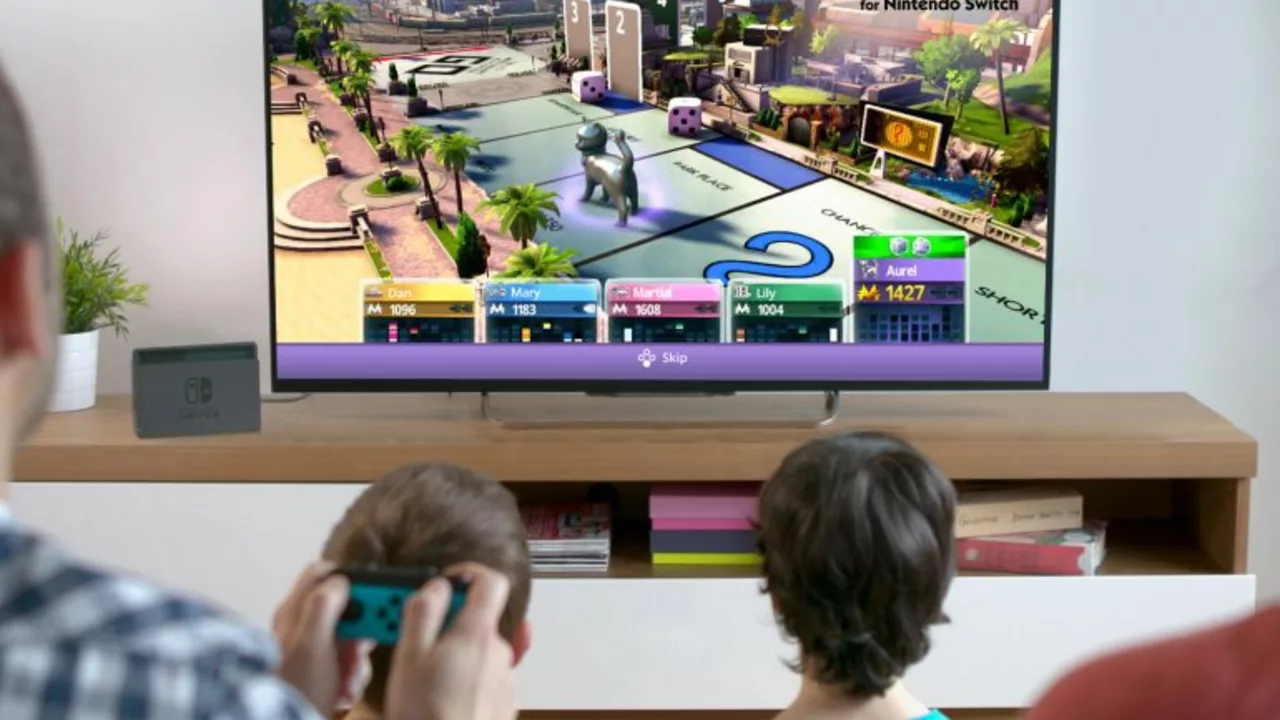Why do many people think that Nintendo games are for kids?
 Jul, 22 2023
Jul, 22 2023
Introduction: The Perception of Nintendo Games
As a long-time gamer and a blogger, I've often encountered the sentiment that Nintendo games are primarily for kids. This perception seems widespread, and in this article, I intend to delve into the reasons why. Nintendo, a titan in the gaming industry, has crafted some of the most memorable gaming experiences. Yet, there's this persistent idea that their games are child's play. But why is that? Let's explore.
The Art Style and Aesthetics of Nintendo Games
The first reason that might make people associate Nintendo games with childhood is their unique art style. Unlike most other game developers who aim for realistic graphics, Nintendo has always embraced a more stylized, cartoonish aesthetic. Games like 'Super Mario Bros.', 'The Legend of Zelda', and 'Animal Crossing' are characterized by their vibrant colors, adorable characters, and whimsical environments.
This aesthetic choice instantly makes Nintendo games more accessible and appealing to a younger audience. However, it also inadvertently contributes to the perception that these games are designed primarily for kids, despite the fact that many of them offer deep gameplay and complex narratives that can be enjoyed by players of all ages.
Nintendo's Family-Friendly Content
Another contributing factor is Nintendo's commitment to creating family-friendly content. Unlike many other gaming companies that produce games with mature themes, intense violence, or explicit content, Nintendo consistently delivers games that are suitable for all ages.
While this has allowed Nintendo to carve out a unique niche in the market, it has also led to the perception that their games lack the depth and complexity that older gamers crave. However, anyone who has spent hours strategizing in 'Fire Emblem' or navigating tricky dungeons in 'The Legend of Zelda' knows that this is far from the truth.
The Legacy of Nintendo
Nintendo's legacy as a pioneer in the video game industry has also played a part in shaping this perception. Many of us grew up playing classic Nintendo games, and those fond memories of our childhood gaming experiences have a way of coloring our perceptions of the brand.
Because we associate Nintendo with our childhood, we may unconsciously assume that their games are still primarily aimed at kids, even though the company has grown and evolved along with its audience.
The Marketing Strategy of Nintendo
Nintendo's marketing strategy also contributes to the perception that their games are for kids. The company often markets its products as family entertainment, emphasizing the fun and bonding that can be had by playing their games together.
While this strategy has been incredibly successful for Nintendo, it also reinforces the idea that their games lack the mature themes and complex mechanics that would appeal to older gamers. But as any 'Metroid' or 'Dark Souls' fan can attest, this is not the case.
The Misconception of Difficulty Level
Finally, there's the misconception that Nintendo games are easy, and therefore more suitable for kids. While it's true that many Nintendo games are designed to be accessible to new or casual gamers, they also offer enough challenge and depth to satisfy hardcore gamers.
Games like 'Donkey Kong Country: Tropical Freeze' and 'The Legend of Zelda: Breath of the Wild' are renowned for their challenging gameplay. So while the surface level might seem kid-friendly, there's a wealth of depth beneath that surface for those willing to explore.
Conclusion: Breaking the Stereotype
In conclusion, while there are several reasons why people might think Nintendo games are for kids, these reasons are mostly based on misconceptions or outdated perceptions. Nintendo creates games that can be enjoyed by everyone, regardless of their age.
So the next time someone tells you that Nintendo games are for kids, remind them of the challenging gameplay, the deep narratives, and the joy that these games can bring to players of all ages. Because, in the end, isn't that what gaming is all about?